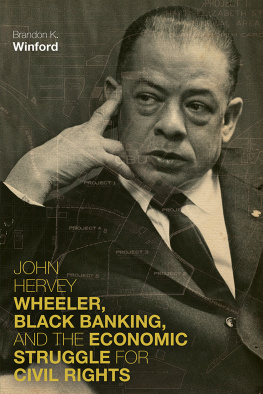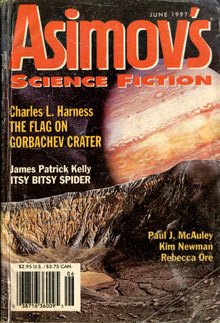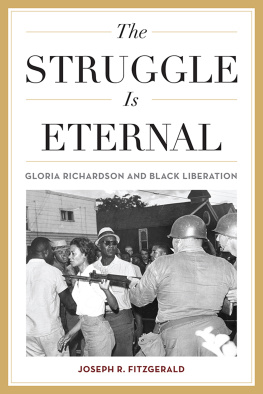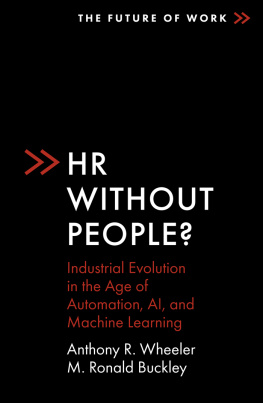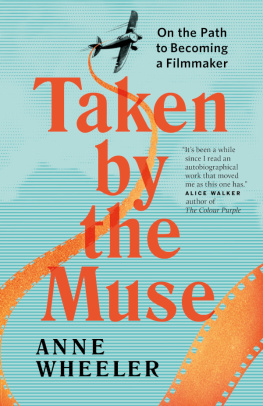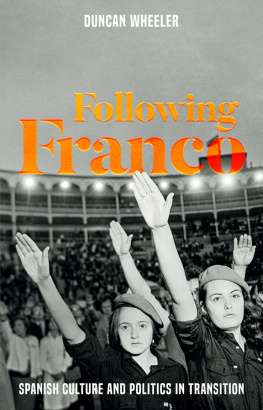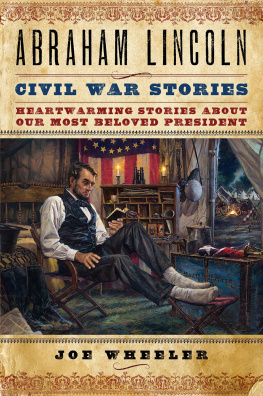John Hervey Wheeler, Black Banking, and the Economic Struggle for Civil Rights
John Hervey Wheeler, Black Banking, and the Economic Struggle for Civil Rights
Brandon K. Winford

Due to variations in the technical specifications of different electronic reading devices, some elements of this ebook may not appear as they do in the print edition. Readers are encouraged to experiment with user settings for optimum results.
Copyright 2020 by The University Press of Kentucky
Scholarly publisher for the Commonwealth, serving Bellarmine University, Berea College, Centre College of Kentucky, Eastern Kentucky University, The Filson Historical Society, Georgetown College, Kentucky Historical Society, Kentucky State University, Morehead State University, Murray State University, Northern Kentucky University, Transylvania University, University of Kentucky, University of Louisville, and Western Kentucky University.
All rights reserved.
Editorial and Sales Offices: The University Press of Kentucky
663 South Limestone Street, Lexington, Kentucky 40508-4008
www.kentuckypress.com
Cataloging-in-Publication data is available from the Library of Congress.
ISBN 978-0-8131-7825-7 (hardcover : alk. paper)
ISBN 978-0-8131-7828-8 (epub)
ISBN 978-0-8131-7827-1 (pdf)
Portions of were originally published as The Bright Sunshine of a New Day: John Hervey Wheeler, Black Business, and Civil Rights in North Carolina, 19291964, in the North Carolina Historical Review (July 2016): 23578.
This book is printed on acid-free paper meeting the requirements of the American National Standard for Permanence in Paper for Printed Library Materials.

Manufactured in the United States of America.

| Member of the Association of University Presses |
To my parents, Ray and Cynthia Winford my sister, LaFonda Rae Griffin (19742007) my grandmother, Annie Belle Winford Heaggans (19242011)
Contents
Illustrations
Figures
Tables
Abbreviations
A&T | Agricultural and Technical College of North Carolina |
AME | African Methodist Episcopal Church |
CAP | Community Action Program |
CMCHR | Charlotte-Mecklenburg Council on Human Relations |
CORE | Congress of Racial Equality |
CT | Carolina Times |
DBPC | Durham Business and Professional Chain |
DCNA | Durham Committee on Negro Affairs |
DCSBMM | Durham City School Board Meeting Minutes |
DHA | Durham Housing Authority |
DHRC | Durham Human Relations Council |
DIC | Durham Interim Committee |
DMH | Durham Morning Herald |
DMRRBML | David M. Rubenstein Rare Book and Manuscript Library, Duke University |
DRC | Durham Redevelopment Commission |
DS | Durham Sun |
ESC | North Carolina Employment Security Commission |
FDIC | Federal Deposit Insurance Corporation |
FEPC | Fair Employment Practices Committee |
FHA | Federal Housing Administration |
HHFA | Housing and Home Finance Agency |
HRC | Mayors Human Relations Committee |
HUD | Department of Housing and Urban Development |
LDF | NAACP Legal Defense and Educational Fund |
LIHDC | Low-Income Housing Development Corporation |
L&M | Liggett and Myers Tobacco Company |
M&F Bank | Mechanics and Farmers Bank |
NAACP | National Association for the Advancement of Colored People |
NC Fund | North Carolina Fund |
NC Mutual | North Carolina Mutual Life Insurance Company |
NCBA | North Carolina Bankers Association |
NCC | North Carolina College |
NCCHR | North Carolina Council on Human Relations |
NCCN | North Carolina College for Negroes |
NCTA | North Carolina Teachers Association |
NCVEP | North Carolina Voter Education Project |
NNBA | National Negro Bankers Association |
NUL | National Urban League |
OB | Operation Breakthrough |
OEO | Office of Economic Opportunity |
PCEEO | Presidents Committee on Equal Employment Opportunity |
RAC | Recreation Advisory Committee |
RTP | Research Triangle Park |
SCLC | Southern Christian Leadership Conference |
SNCC | Student Nonviolent Coordinating Committee |
SRC | Southern Regional Council |
TWIU | Tobacco Workers International Union |
UNC | University of North Carolina |
UNCF | United Negro College Fund |
UOCI | United Organizations for Community Improvement |
VBG | Voters for Better Government |
VEP | Voter Education Project |
Introduction
The battle for freedom begins every morning.
John Hervey Wheeler
In November 1945, Mechanics and Farmers Bank (M&F Bank) cashier and vice president John Hervey Wheeler penned an article for the Tarheel Banker, the voice of the North Carolina Bankers Association, writing the South cannot hope to participate fully in the benefits of the approaching period without first committing itself to the full integration of its Negro population into all phases of its economy. As world war gave way to peace, he urged the states white financial power brokers to steer the region toward an end to Jim Crow segregation for economic reasons. With statistical data on black buying power in hand, Wheeler pointed to civil rights as the precondition for growth while placing race, power, and citizenship at the crux of his appeal for economic justice. He posed a challenge while pointing to the Souths greatest opportunity. His words were not meant only for white bankers in the Tar Heel State. He indeed spoke to the entire region, declaring that the South was at a crossroads where it had to choose between preservation of many of its time-honored mores [or] taking its full place in the American economy. To have both would be like eating its cake and having it too. His article exemplified a lifelong mission. In the mid-twentieth-century South, Wheeler used his keen economic sense as a banker and his legal skills as a civil rights lawyer to break down discriminatory barriers that kept blacks in a perpetual state of economic inferiority.

